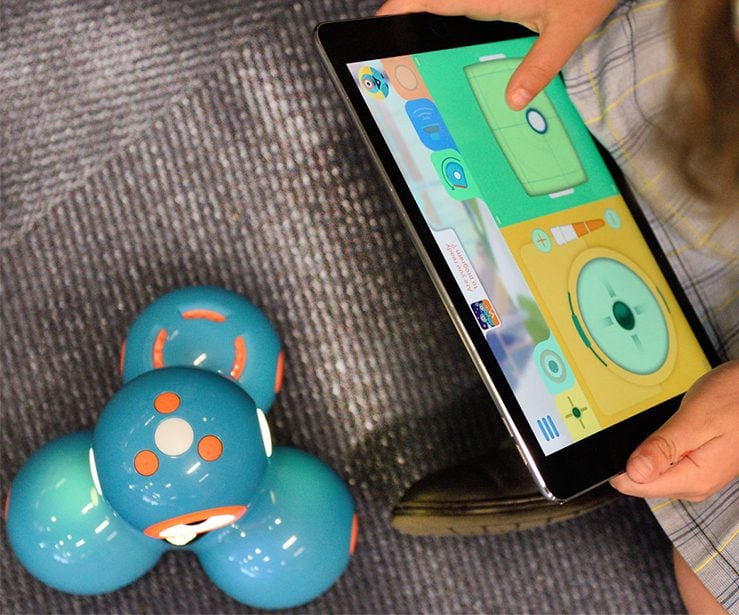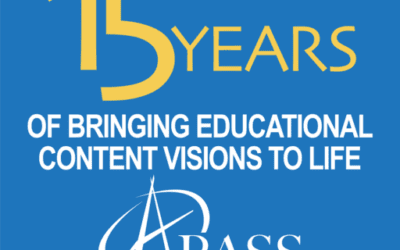Experiential learning helps students to learn by doing. Thus, as online learning expands, schools must provide options for this type of learning. Students can work in groups, use project-based learning, and experience the arts to learn. Therefore, teachers and school districts can provide various ways to learn. Publishers can consider these four elements when supporting experiential learning for K-12.
1.) Design Products Around the 4Cs for Experiential Learning
Therefore, publishing leaders can focus on the 4Cs: critical thinking, collaboration, creativity, and communication. Rethinking Teaching 2018 outlined these points for experiential education. An LMS displays data in different ways, from learning to analytics. Publishers can create materials that promote critical thinking using this data. Moreover, the technology aids collaboration for projects or groups. With online learning, students and teachers could connect through video, an LMS, or a tech app like Microsoft Teams. They can use these apps to share, understand, or present work. Publishers produce work geared around these experiences. These tools support creativity and communication. Digital tools or games spur creation like interactive maps that detail the social and historical elements of a town. Students learn the different levels of communication by connecting to peers and students or hearing a live presentation or recorded presentation from an expert, such as from the Space Station for STEM activities.
2.) Create Materials and Supports for Artmaking and Art Interventions for Experiential Learning
Moreover, experiential learning includes artmaking or art interventions. Materials that support art curation, filmmaking, podcasting, and design will aid students and teachers. Thus, publishing leaders direct their teams to produce products and materials around these experiences. For instance, creating a short film takes collaboration, even with online tools available, publishing leaders direct their teams to create materials around writing, directing, and producing. The support can be for popular books like The Giver that students can reproduce a scene from for experiential learning. Which materials will students need to reproduce a scene like this one? Additionally, publishers can create books—paper and interactive, workshops, curricula, and professional training for various artmaking activities.
3.) Support Design, STEM, and Maker Activities for Experiential Learning
Besides that, publishers support experiential learning by supporting STEM and design projects. From Maker projects to coding to creating robots to the lab, publishers can nurture various STEM projects. The maker movement, which started in the early 2000s, now has made more connections to K-12 education. Making by doing provides experiential learning. Thus, publishers could produce many activities and products focused on the maker or design projects. The curriculum can show students how to program and build a computer using a Raspberry Pi. STEM\STEAM and maker education present many interactions. Besides that, publishers can create materials and curricula for this blended learning.
4.) Produce Materials for Project-Based and Personalized Learning
Experiential learning supports different elements of project-based and personalized learning. Publishers back these needs with interactive textbooks, out-of-district courses, and supplemental materials. Therefore, planning products geared to students will assist them with their projects. Helping students understand how projects work will aid them after the classroom to build lifelong learning. Publishers build and supply tools around these projects to support learning. Moreover, designing the LMS for personalized learning assists teachers who have students that desire to make personal learning projects. These students have the independence to design the learning how they see it. Thus, they create their own experiential learning to learn, supporting their metacognition.
In sum, experiential education goes beyond completing projects or activities outside. Publishers focus on the 4Cs: creating thinking, collaboration, creativity, and communication to produce products. As well, publishing leaders direct their teams to support art, design, maker, and STEM\STEAM education. Creating activities or courses for project-based and personalized learning will further support experiential education.




